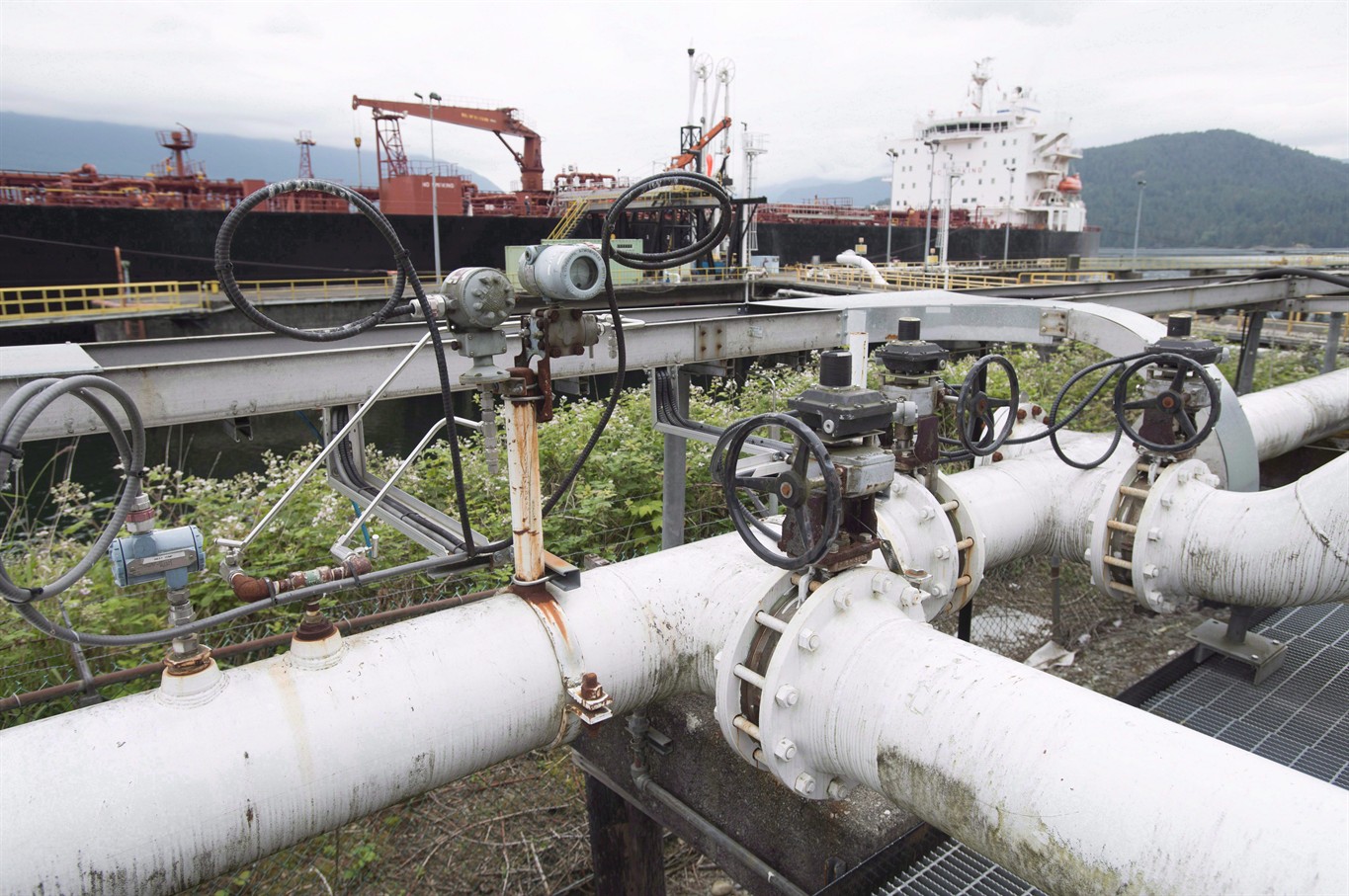It’s no surprise that oil is a major issue in the Alberta election and according to a new report, what happens after the election could change the oil price differential.
The latest forecast from accounting group Deloitte, says the price for Canadian oil might increase slightly, but the barriers to shipping the product means it won’t see any major price changes this year.
Andrew Botterill from Deloitte says one of the big reasons for the lack of movement on the price of Canadian crude is because of a lack of pipelines.
“Until we start to see pipe in the ground until we start to see barrels moving, we know how complicated it is to get these pipelines.”
READ MORE: Line 3 delays a setback the energy industry doesn’t need: analyst
The topic of moving Alberta oil to market has been a major issue in the election campaign. Although the government has imposed caps on oil production, Botterill isn’t certain if they will stay there after April 16.
“If we see a party change this year, I’m not sure if we’re going to see them go to those curtailments. Those curtailments have narrowed differential significantly and have helped the price.”
One of the biggest debates around oil is the plan to move oil by rail. While the NDP’s Rachel Notley is full steam ahead with the plan, UCP leader Jason Kenney would scrap the move.
READ MORE: Notley reinforces her plan to ship oil by rail
Regardless of which party forms government, Botterill says they will have some tough decisions to make in this area.
“I think it’s going to be interesting to see where rail goes and how extensively industry is going to use rail. Rail is an expensive option.”
According to the forecast from Deloitte, the price for West Texas crude will remain at US $58 per barrel for 2019, while Western Canadian Select is forecasted around CAD $53.95 per barrel.







